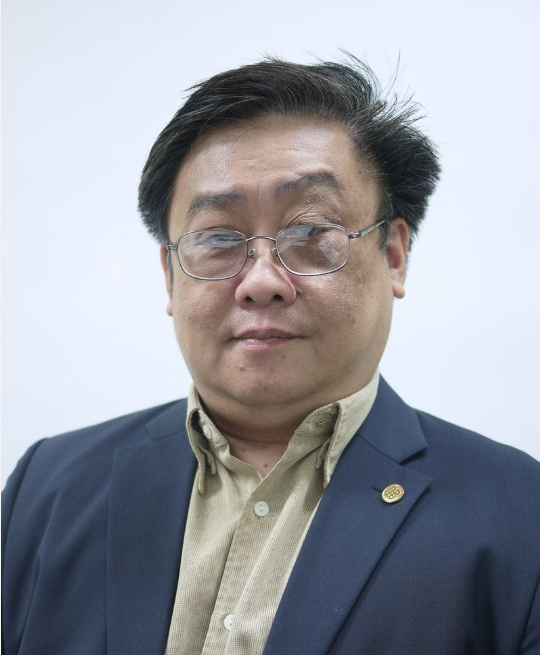Keynote Speakers
 Prof. Eric Tsui
Prof. Eric Tsui
Hong Kong Polytechnic University, China
Biography: Eric Tsui is the Associate Director of the Behaviour and Knowledge Engineering (BAKE) Research Centre as well as a Senior Project Officer at the Educational Research Centre at The Hong Kong Polytechnic University. Since 2015, he served as the Managing Regional Editor (Asia) of the Journal of Knowledge Management and had led and delivered a Master Knowledge Management program for over 15 years. Eric has also championed many technology-enhanced teaching and learning projects and is a crusader of technology-enhanced learning at the university. His research interests include Knowledge Management technologies, blended learning, cloud services, and collaborations. Eric is the leader of a Professional Certificate program that consists of two Massive Open Online Courses (MOOCs) on edX that cover the topics of Knowledge Management, Big Data, and Industry 4.0. He holds B.Sc. (Hons.), PhD, and MBA qualifications. A recipient of many Knowledge Management and E-Learning international awards, including the Knowledge Management Award for Excellence in 2021 and among the top 50 most influential people in tacit knowledge management by GO-TKM in 2023, Professor Tsui was twice listed as an exemplary/outstanding academic in PolyU Annual Reports in the last 7 years.
 Prof. Yen-Wei Chen
Prof. Yen-Wei Chen
Ritsumeikan University, Japan
Biography: Yen-Wei Chen received the B.E. degree in 1985 from Kobe Univ., Kobe, Japan, the M.E. degree in 1987, and the D.E. degree in 1990, both from Osaka Univ., Osaka, Japan. He was a research fellow with the Institute for Laser Technology, Osaka, from 1991 to 1994. From Oct. 1994 to Mar. 2004, he was an associate Professor and a professor with the Department of Electrical and Electronic Engineering, Univ. of the Ryukyus, Okinawa, Japan. He is currently a professor with the college of Information Science and Engineering, Ritsumeikan University, Japan. He is the founder and the first director of Center of Advanced ICT for Medicine and Healthcare, Ritsumeikan University. He was a chair professor with the college of computer technology and science, Zhejiang University, China during 2014-2016. His research interests include medical image analysis, computer vision and computational intelligence. He has published more than 300 research papers in a number of leading journals and leading conferences including IEEE Trans. Image Processing, IEEE Trans. Medical Imaging, CVPR, ICCV, MICCAI. He has received many distinguished awards including ICPR2012 Best Scientific Paper Award, 2014 JAMIT Best Paper Award. He is/was a leader of numerous national and industrial research projects.
